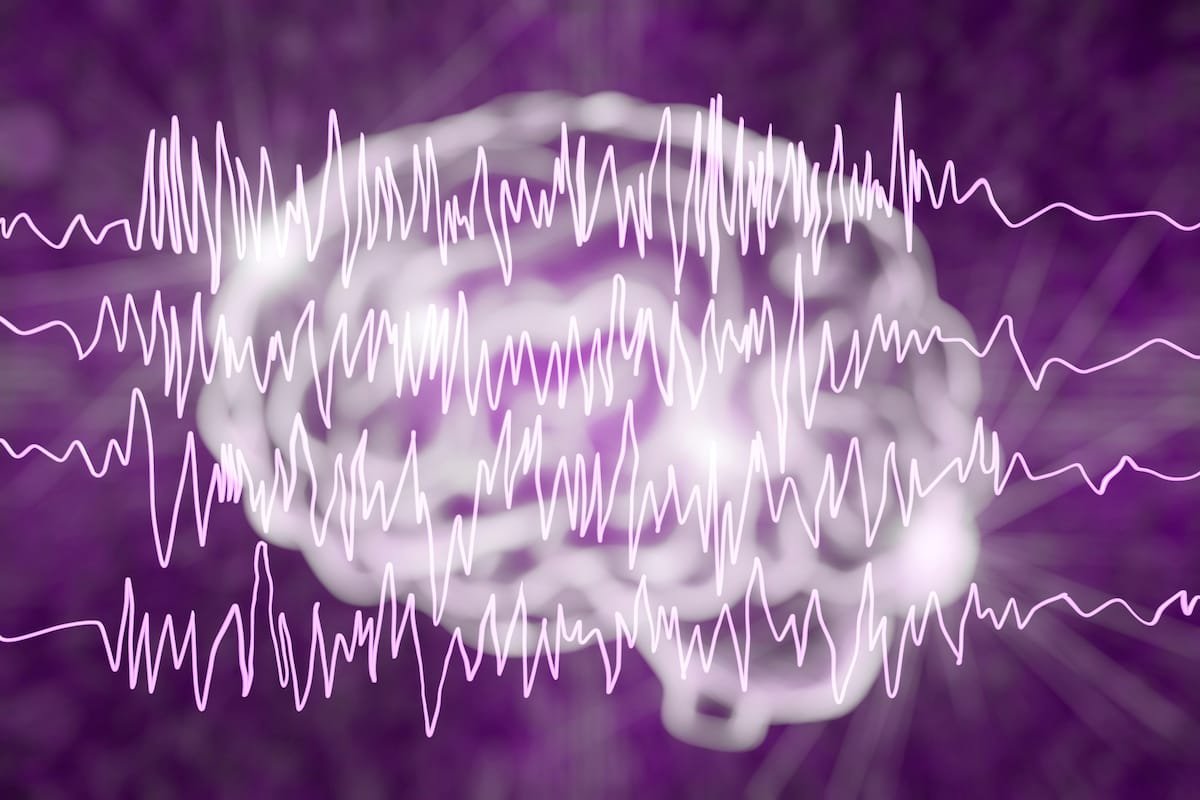A recent study from the UK highlights the benefits of cannabis-based medicines for patients suffering from treatment-resistant epilepsy. Utilizing data from the UK Medical Cannabis Registry (UKMCR), researchers found that these medicines can lead to notable improvements in symptoms and the overall quality of life for this patient group.
Approximately 51.7 million people worldwide are affected by epilepsy, with around one-third classified as treatment-resistant. These individuals continue to experience seizures despite the use of traditional anti-epileptic drugs. Cannabis, particularly compounds like cannabidiol (CBD), has emerged as a promising alternative, demonstrating anti-seizure effects.
The analysis reviewed data from 134 patients enrolled in the UKMCR for a minimum of six months. The average age of participants was 37, with 67% reporting prior use of cannabis before joining the registry, and 86% using it daily. The researchers observed significant improvements in epilepsy-specific outcomes over one, three, and six months, with one-third of patients achieving a clinically meaningful improvement by the six-month mark.
While the study did not track seizure frequency directly, the overall scores from the Quality of Life in Epilepsy-31 questionnaire used in the research have been linked to seizure activity. Researchers noted a reduction in anxiety and an improvement in sleep quality among patients, factors that can influence seizure frequency and severity.
The study also indicated enhancements in general quality of life, particularly regarding pain, discomfort, and anxiety/depression. Importantly, 96.27% of participants did not report any adverse events, suggesting that cannabis-based medicinal products (CBMPs) are generally well tolerated.
The authors of the study emphasize that while the findings suggest a correlation between the initiation of CBMP treatment and improved patient-reported outcomes, further randomized controlled trials are essential to establish the efficacy of cannabis-based treatments for treatment-resistant epilepsy.
In summary, the findings support the use of cannabis as a supplementary treatment for patients with difficult-to-treat epilepsy, highlighting the need for more in-depth research to validate these results.




